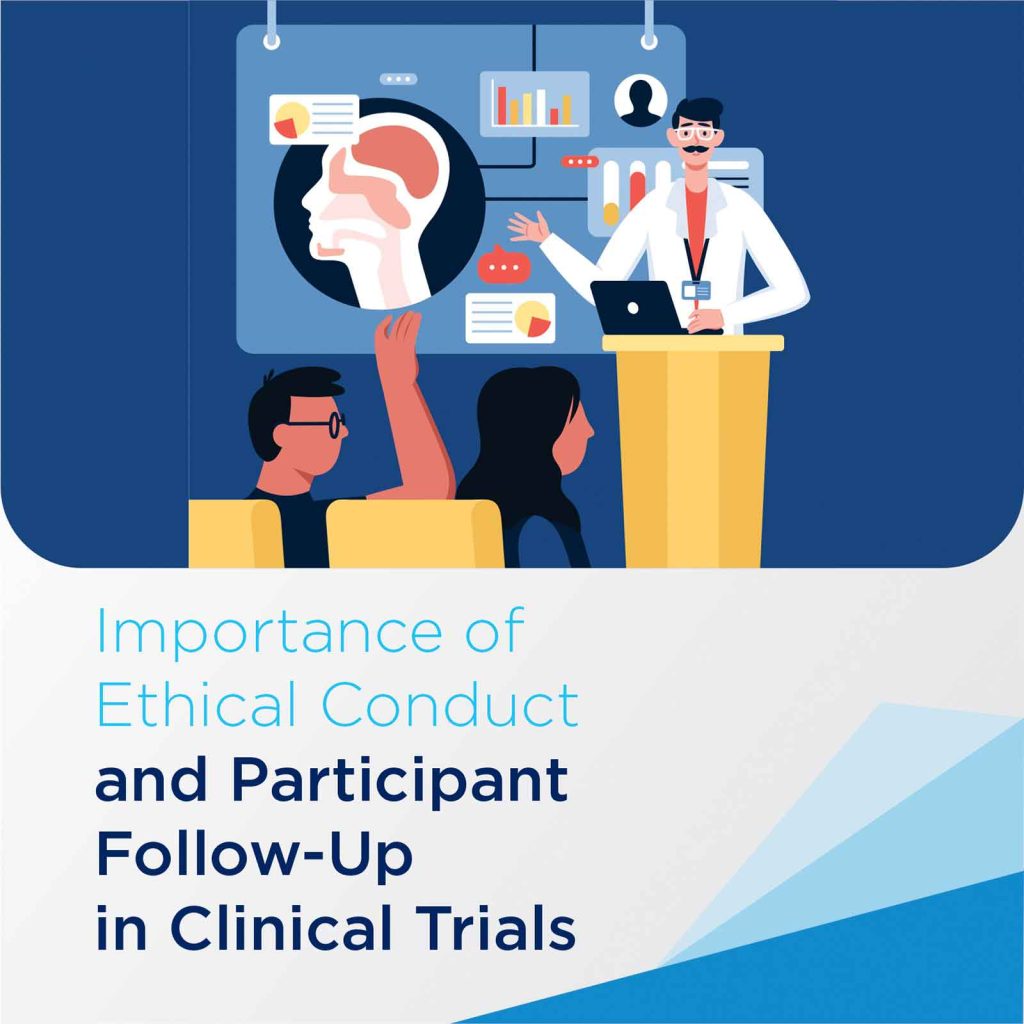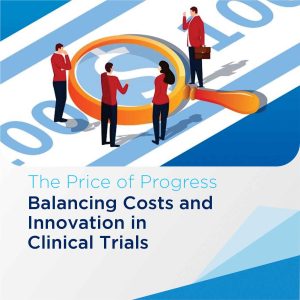Clinical trials are the bedrock of medical progress, paving the way for life-saving drugs and treatments. But these trials rely on a delicate balance: scientific rigor and ethical principles. Protecting participants and ensuring their well-being is not just a moral imperative, it’s crucial for the validity of the research itself.
Ethical conduct is the cornerstone of any clinical trial. This means:
- Informed consent: Participants must fully understand the risks and benefits involved, given in a clear and unbiased way. No pressure, coercion, or manipulation should be tolerated.
- Respect for autonomy: Participants have the right to withdraw at any time, without judgment or repercussions. Their decisions must be respected.
- Minimizing risks: Researchers must prioritize participant safety, using rigorous protocols and closely monitoring for adverse effects.
- Confidentiality: Participant data and privacy must be protected with utmost care.
Participant follow-up is equally critical. It ensures:
- Data accuracy and completeness: Regular check-ins and meticulous data collection guarantee the reliability of the research findings.
- Long-term safety monitoring: Even if a treatment appears safe initially, long-term follow-up can reveal potential late-blooming side effects.
- Improved patient care: By tracking participants’ experiences and outcomes, researchers can refine their treatments and provide better care to future patients.
When both ethical conduct and participant follow-up are prioritized, clinical trials become not just stepping-stones to medical breakthroughs, but also models of patient-centered care. This fosters trust in the research process, encouraging more individuals to participate and contribute to the advancement of medicine.
Here are some ways to ensure ethical conduct and participant follow-up in clinical trials:
- Independent ethics committees: These committees, composed of experts outside the research team, rigorously review protocols and ensure participant protection.
- Transparency and communication: Open communication with participants, the public, and regulatory bodies builds trust and accountability.
- Investing in participant support: Providing resources and assistance can help participants navigate the trial process and address any challenges they may face.
- Long-term funding: Sustainable funding ensures that follow-up can be conducted thoroughly, even after the initial trial period ends.
By upholding the highest ethical standards and prioritizing participant well-being, we can ensure that clinical trials are not just scientifically sound, but also ethically exemplary. This, in turn, paves the way for a future where medicine continues to evolve, guided by both scientific rigor and unwavering respect for humanity.
Let’s work together to build a future of clinical trials where ethics and participant well-being are not just principles, but an unwavering practice.








